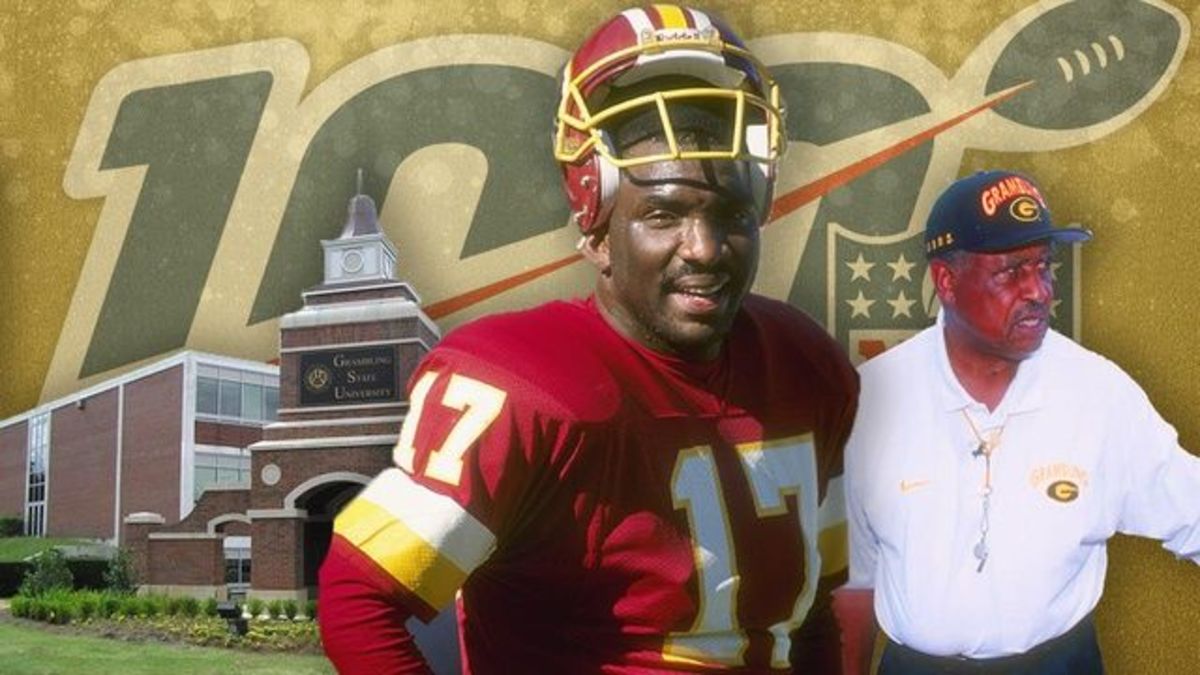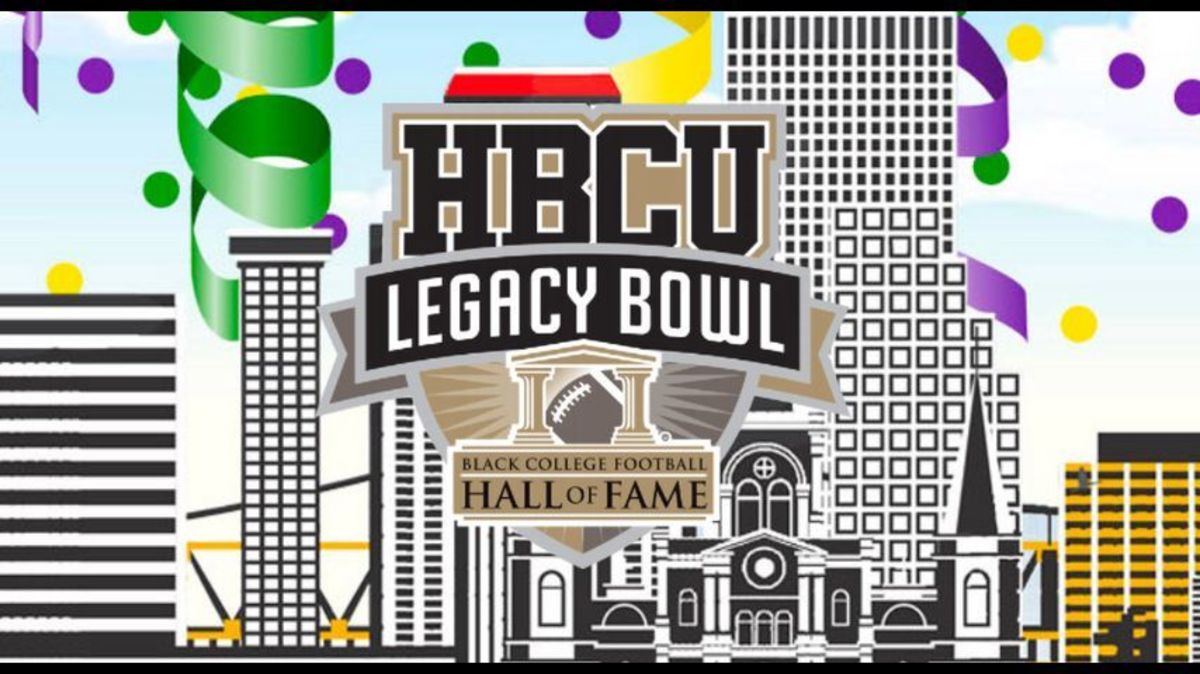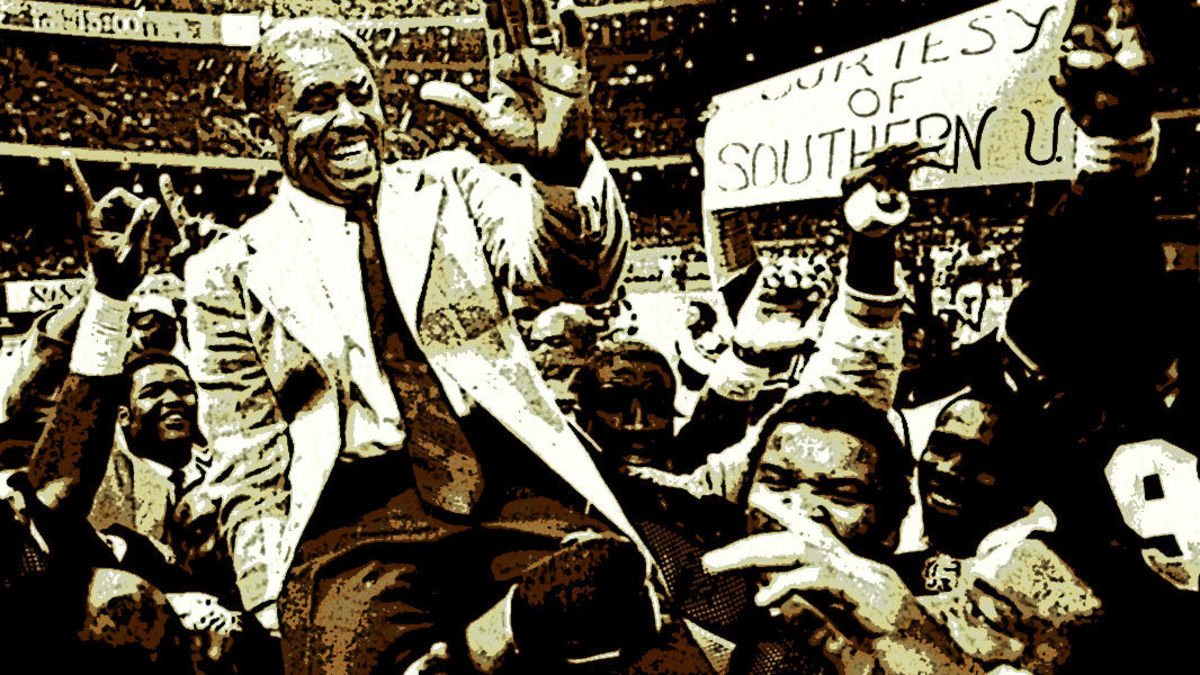HBCU Football's Resurgence with Key Partnerships
The resurgence and renewed popularity of HBCU football have the NFL and former stars to credit. Names like Doug Williams, James "Shack" Harris, and Deion Sanders have created a buzz that the NFL, potential sponsors, and television entities can longer ignore the engagement with fans and HBCUs.

SPRING FOOTBALL'S BENEFITS
Who benefits? In this case, primarily the athlete. During the COVID-19 pandemic, the recent Spring FCS games, HBCUs' pageantry, and Coach Prime's presence on the sidelines have captured the attention of ESPN and unlikely new fans, the casual weekend football watcher.
The Spring games have allowed student-athletes to showcase their talent on ESPN2 and ESPN3. Most of their institutions' athletic programs have been on the decline. The COVID-19 pandemic has exacerbated the financial losses for many HBCUs. However, the renewed popularity could stimulate an influx of new revenue for those struggling programs.
The NBA, its players, the NFL, former Super Bowl champion and MVP Doug Williams, James "Shack" Harris, and Deion Sanders have become significant contributors in HBCUs' recent renewed interest. The recent announcement that the Black College Football Hall of Fame will establish the HBCU Legacy Bowl is a tremendous commitment to advance the cause to highlight HBCUs' "hidden gems" in football.

HBCU LEGACY BOWL
Tulane University will host the HBCU Legacy Bowl at Yulman Stadium. The National Football League and Pro Football Hall of Fame will partner with the Black College Football Hall of Fame to produce the event.
“HBCUs are a bridge to equality,” said Co-Founder and Inductee James “Shack” Harris. “We thank the NFL for their support and in sharing our commitment to lifting up others.”
Williams and Harris successfully established the Black College Hall of Fame in October of 2009. Both trailblazing former NFL quarterbacks are Grambling State University alumni and played for Coach Eddie Robinson. The organization has other pioneers and NFL legends as trustees and contributors - Art Shell, Willie Lanier, Mel Blount, James Harris, and Doug Williams. The Black College Hall of Fame has inducted 90 men since its inception.
THE INFLUENCE OF DEION SANDERS
A couple of years ago, Deion Sanders, while covering the NFL Scouting Combine, spoke of developing an HBCU Scouting Combine which occurred last spring. Sanders took note that the NFL was not inviting many HBCU players to the prominent event. Some did participate in the regional combines but were not allowed to join meet NFL coaches and executives in Indianapolis.
Sanders left broadcasting and accepted the head coaching position at Jackson State University. His energy, passion, and football knowledge have "rubbed off" onto his 3-0 team. Like Eddie Robinson, the Hall of Famer has restored the respect of the game in his players. Most of all, Sanders left millions of money connected with the NFL to help young men. He is using his magnetic presence to shine attention on their abilities. Simply put, they may not have garnered the attention without Coach Prime and will get a shot at the NFL because of him. Believe me, ESPN and other prominent networks are taking notice along with the NFL.

MY EXPERIENCE WITH HBCUs AND COACH ROB
My father and I attended one of the Black College All-Star Bowl games in New Orleans, LA, to support my cousin and SNN contributor, Kenny "The Body Snatcher" Times. He was a member of the Southern University team that defeated Grambling in the 1979 Bayou Classic after many years of futility. Times was stellar in his final collegiate game, earning him the contest's Defensive MVP award.
But his shot in the NFL was because San Francisco 49ers head coach Bill Walsh noticed Times' performance in that Black College All-Star Bowl game. He played two years in the NFL and went on to lead the USFL in sacks for the Tampa Bay Bandits one season. He also played opposite of Hall of Famer Reggie White in Memphis for a season.
Like many young HBCU players, Kenny Times was routinely overlooked and discounted in the drafting process regardless of their HBCU careers. Fortunately, tape highlighting his performance gave Walsh the ability to note his possibilities in the pros.
A few years later, in 1995, Walsh drafted a young wide receiver from another HBCU school, Mississippi Valley State University. The receiver? Jerry Rice. Rice went on to set numerous receiving records in the NFL, won Super Bowl rings, and become a member of the Pro Football Hall of Fame.
I recall meeting Coach Robinson the night of the 1990 Freedom Bowl All-Star Classic for HBCU players in Houston, TX. He warmly shook my hand and greeted my friend and me. She knew Coach Rob's family and I was in awe of his presence and regal demeanor. At that moment, I began to understand why former Grambling players men like James Harris, Doug Williams, Ernie Ladd, Buck Buchanon, Willie Davis, Charlie Joiner, Willie Brown, and Everson Walls went on to have professional success as NFL players. Legends. Some were inducted in Canton, Ohio. Most of all, they went on to have success in life.
THE CATALYSTS FOR THE RENEWED POPULARITY
The Black college experience suffered neglect for quite some time. Partly because more prominent and well-recognized institutions offer players better training, equipment, medical treatment, athletic challenges, exposure, and name recognition compared to HBCUs. Most HBCU conferences' schools in the SWAC, MEAC, CIAA, and SIAC did not have departments and staff members designated for athletics fund-raising purposes. But recently, something has changed.
George Floyd's death and the emergence of the BLM movement, NBA and NFL players, Black College Hall of Fame's partnership with the NFL, and Deion Sanders' coaching efforts help drive HBCUs' new progress.
Today, everyone is "woke" to the plight of the black athlete at HBCUs. In reality, they already were, but more prestigious entities are being called upon to change the narrative.
Sanders is only three games into his head coaching career but sets a model much like Coach Eddie Robinson. The legendary all-time winning college football coach taught, mentored, and gave direction for many NFL stars. He indirectly contributed to the game of professional football by molding young men.
We can applaud the efforts of Harris and Williams. The NFL ignored HBCUs for a long time. Hopefully, the new partnership will be the catalyst for players who may one day become HBCU Legends.
